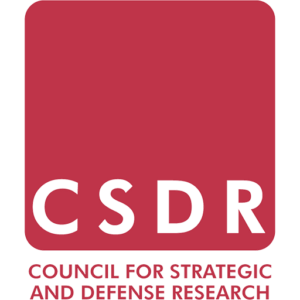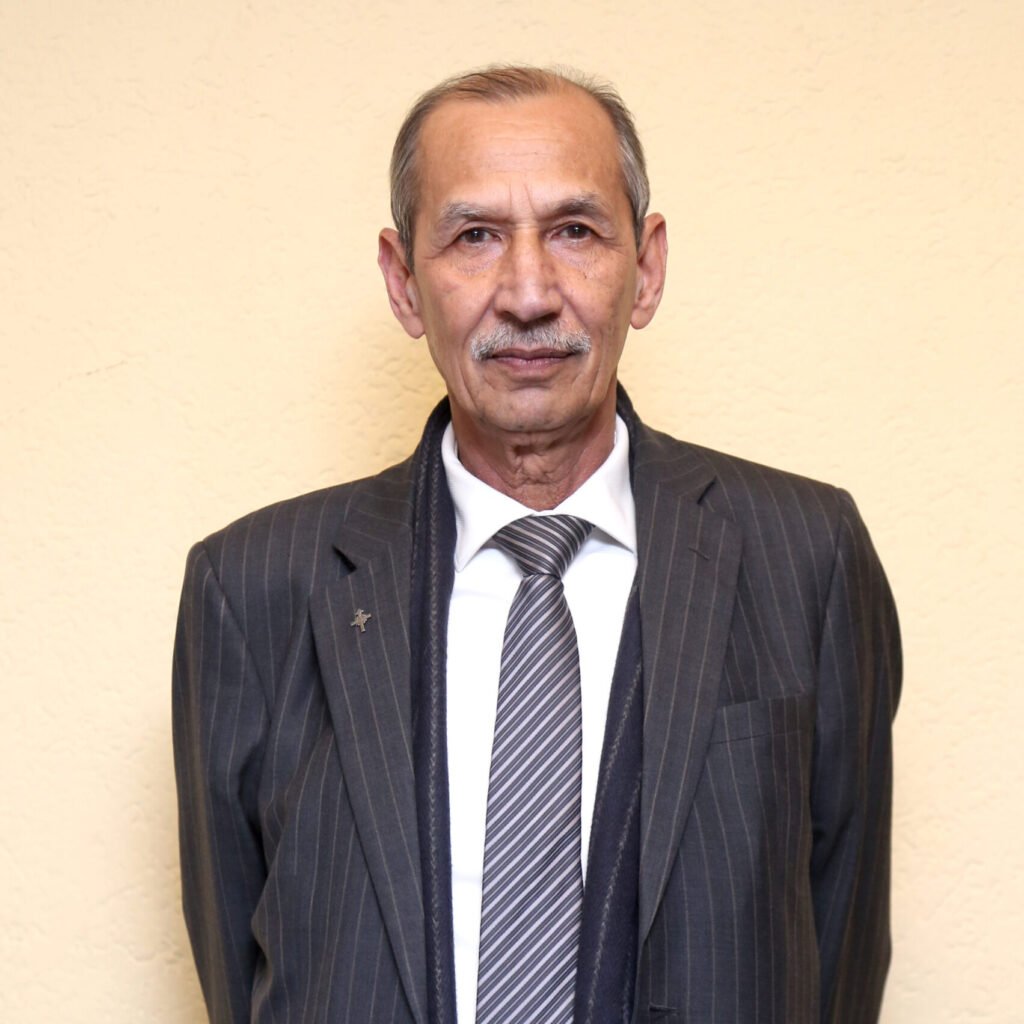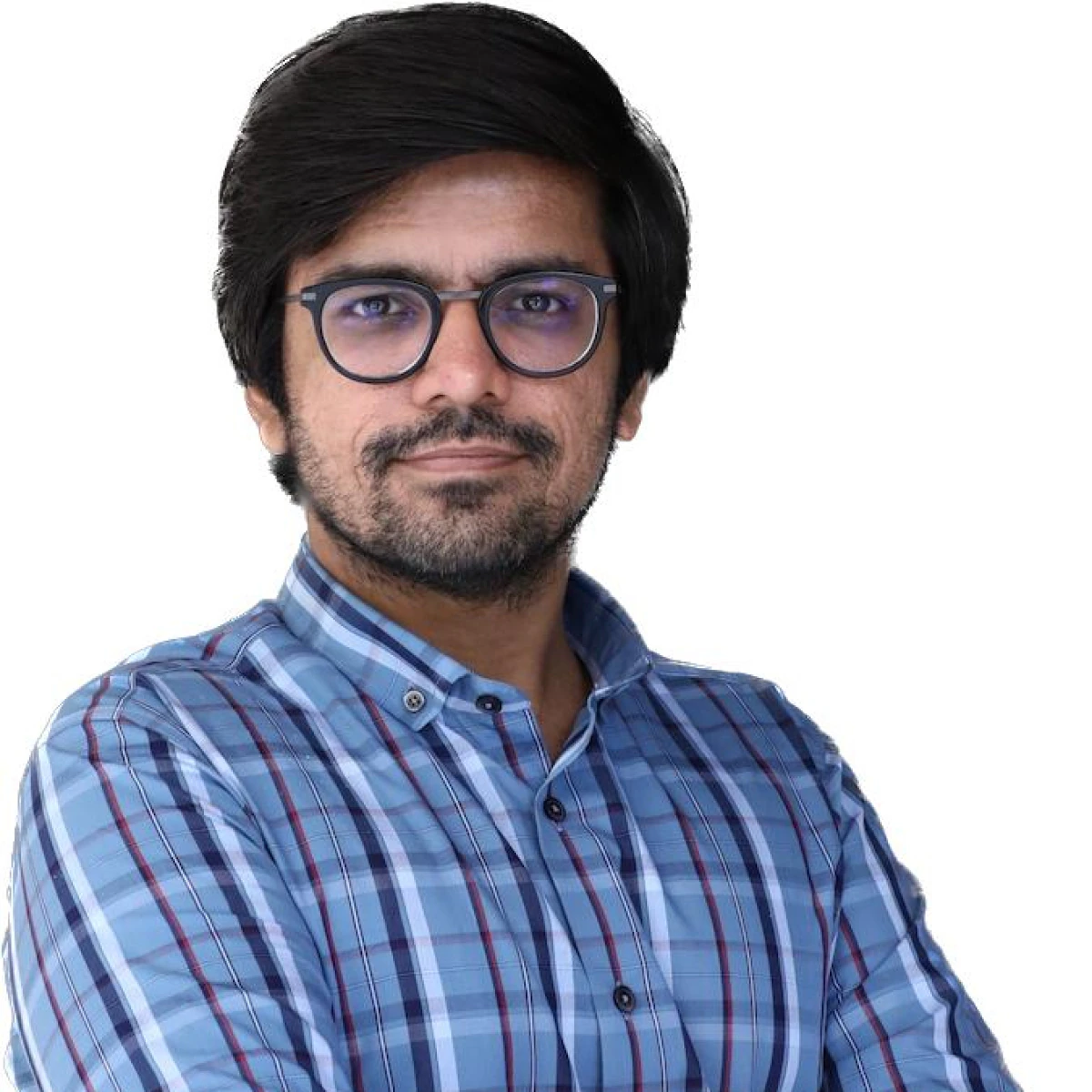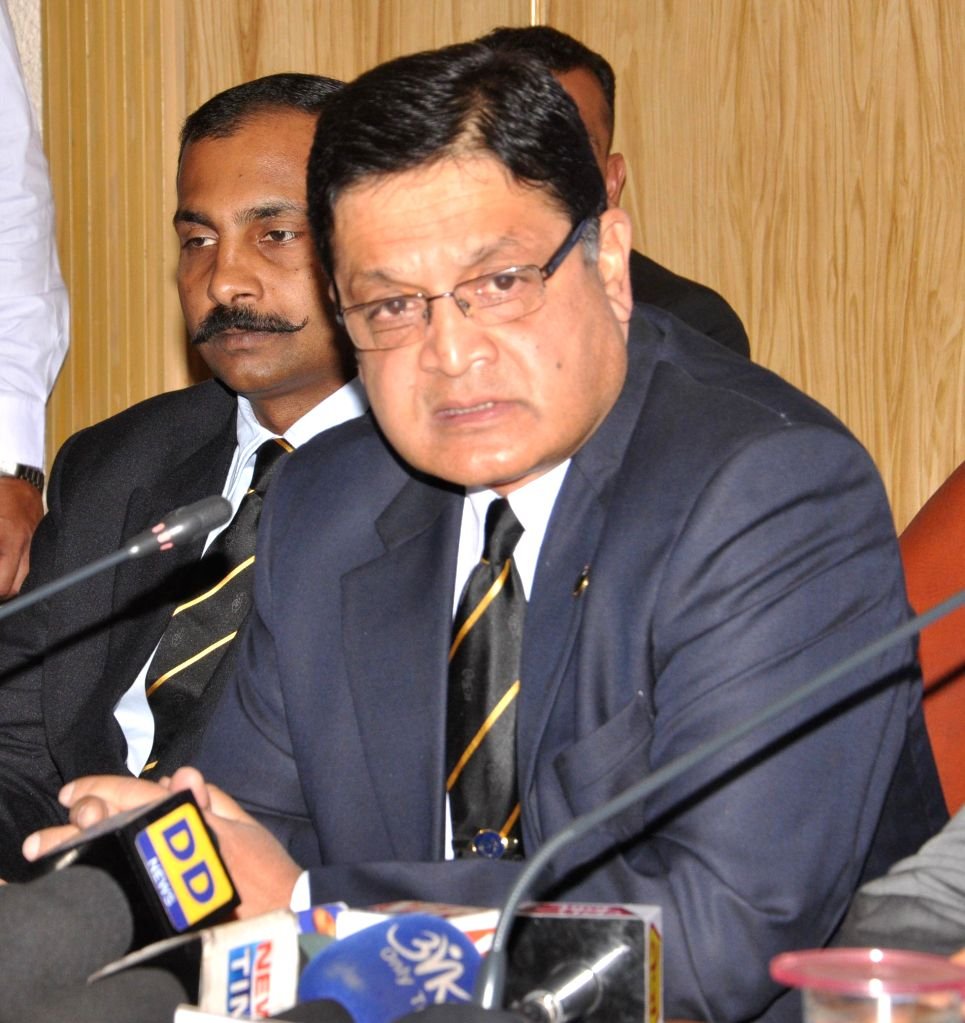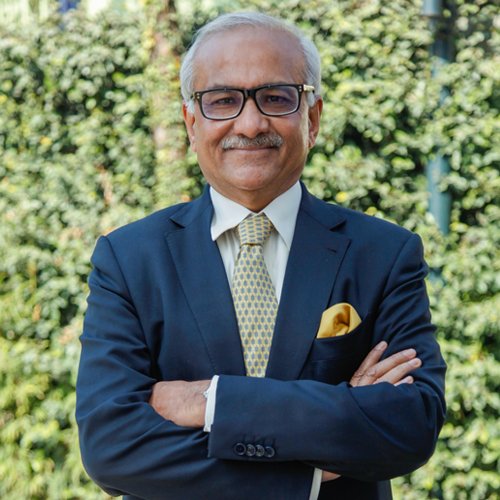January 28, 2021 – January 29, 2021
In January 2021, India entered the United Nations Security Council for its eighth term as a non-permanent member. Out of the several objectives it looks to work towards, an integral one is the effective response to international terrorism which has been reiterated both textually and verbally by India at the UN. Driven both by its own experience of being a victim of organised terror attacks across the decades (with a fresh major attack as recent as February 2019), and by its obligation as a member of the UN to promote international peace and security, India’s counter-terror framework has been devised to meet the constantly evolving challenges relating to terrorism, and terrorist organisations which enjoy transnational support. While India adheres staunchly to policies suggested in Resolutions 1373 and 1624 of the UNSC, it also maintains sanctions lists in accordance with Resolutions 1267 and 1988. Domestically, however, India’s anti-terror laws have often been tainted by political misuse across party lines. Due to a few sections being viewed as politically expedient rather than being security imperatives due to the manner of their implementation, it is the anti-terror part of such legislation that unfortunately bears the brunt. The debate surrounding India’s anti-terror policies and practices, has never lost vigour. It is only the focus of the debate at any point that has remained fluid, concentrating occasionally on the balance between the firmness of security policies and the upholding of human rights. While these specific domestic issues remain relevant, this Policy Round Table seeks to focus on the overall counter-terror strategy that India relies on. It takes into account recent developments pertaining not only to the perennial issue of cross border terrorism which remains a regional and national concern, but also relating to India’s global stand on terrorism, given its recent entry into the apex body of the United Nations. Thus, it aims to provide a holistic understanding of the spectrum of threats India faces and how the response is to be shaped.
In this context, this Round Table engages with the following questions –
How does India’s immediate terror threat spectrum look? How are India’s current anti-terror laws performing? In what ways can they be strengthened?
How has India improved its abilities to foil infiltration bids into the Union Territory of Jammu and Kashmir? How has the terror threat, in this region specifically, evolved since the reading down of Article 370?
What policies does India have in place to engage with and rehabilitate former members of terrorist organisations? Generally, where does India’s current counter-terrorism strategy fall short, if it does at all?
How can the Comprehensive Convention on International Terrorism (CCIT) help? Where does the current draft fall short?
How does India seek to check the use of ICTs by terrorist organisations and individuals?
What should India’s priorities be when it chairs the Taliban Sanctions Committee of the UNSC and the Counter-Terrorism Committee in 2022?
To what degree will the 2020 BRICS Counter-Terrorism Strategy be effective? Is it practically viable? How does this arrangement compare with that of QUAD, for which India hosted the first counter-terrorism exercise in 2019?
